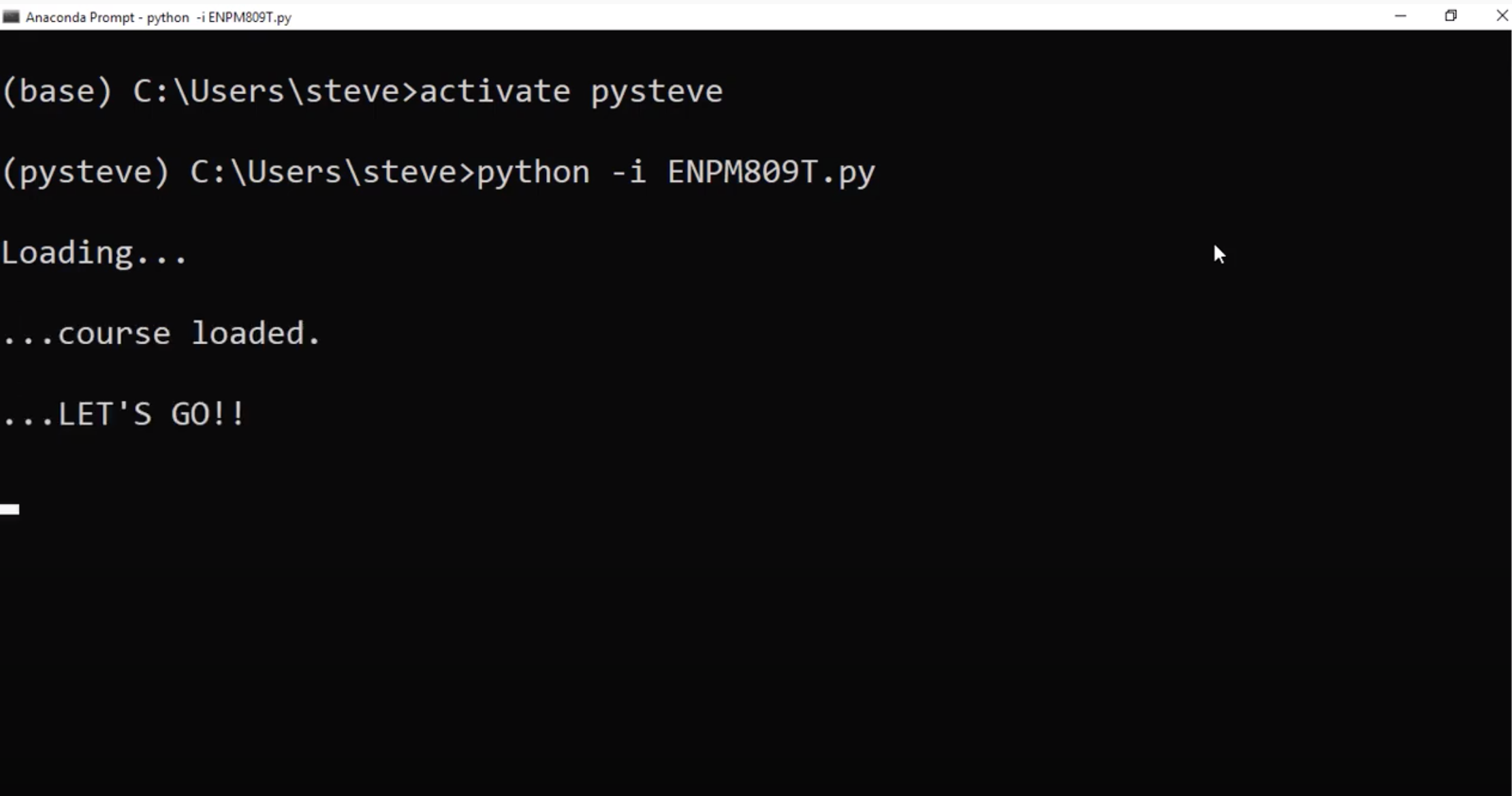

Laws, standards, approaches, component concepts, access needs, and technologies in relation to physical and online information environments. Information services and technologies to provide equal experiences and outcomes to all users. INST 622 Information and Universal Usability Interactions of social objectives, stakeholders, technology and other forces that shape policy decisions.Īn examination of information as a human right, including topics: social, cultural, economic, legal, and political forces shaping information rights the impact of information rights on information professions, standards, and cultural institutions and information rights and disadvantaged populations. Nature, structure, development and application of information policy.

Introduction to the history and development of the book from pre-printing and incunabula to the post-modern book. Application of theories to information ethics issues. Ethical theories, including non-Western and feminist theories. Investigation of the diverse range of ethical challenges facing society in the information age. Overview of the principles, practices, and applications in the archival and digital curation fields. INST 604 Introduction to Archives & Digital Curation Students will learn these concepts in class lectures, discussions, and participating on project teams. This course focuses on introducing students to principles, methods, and technologies involved in the digital curation of large cultural data collections. INST 448 Digital Curation Research in Cultural Big Data Collections
ISCHOOL UMD HOW TO
Students will learn how to develop and implement data management plans, and how to design and use workflows and tools for creating, acquiring, or ingesting content. Using the digital curation lifecycle as the foundational concept, students will use digital collections to explore tools, workflows, and standards required to successfully access, preserve, and reformat data contained in digital collections. The purpose of this course is to develop knowledge and skills in the application of digital curation tools and methods in diverse organizational settings, academic disciplines, and economic sectors. INST 443 Tools and Methods for Digital Curation
ISCHOOL UMD PROFESSIONAL
Explores differences among data curation principles and practices across diverse settings, ranging from scientific organizations (such as business and academic research laboratories and computational science settings), to humanities-based institutions (such as cultural heritage organizations) to social science-based institutions (such as data-intensive professional environments). INST 442 Digital Curation Across DisciplinesĮxamines how to apply digital curation principles, tools, and strategies in managing diverse data collections and digital information in different disciplinary settings. Emphasis will be on access questions pertinent to managing sensitive information, and the roles and responsibilities of information professionals. Students will explore via case studies the legal, ethical, and technological challenges in developing and implementing policies for managing digital assets and information. The course explores the infrastructure necessary for handling digital collections as well as the knowledge and skills necessary for effective management of digital curation systems and programs. Focus will be on current efforts that respond to the opportunities, challenges, and demands of ever increasing digital data and networked information infrastructure. For the purpose of this class, digital curation encompasses all activities involving the management, representation, and preservation of both born-digital and digitized information. This course explores various dimensions and contexts for digital curation. INST 341 Introduction to Digital Curation


 0 kommentar(er)
0 kommentar(er)
